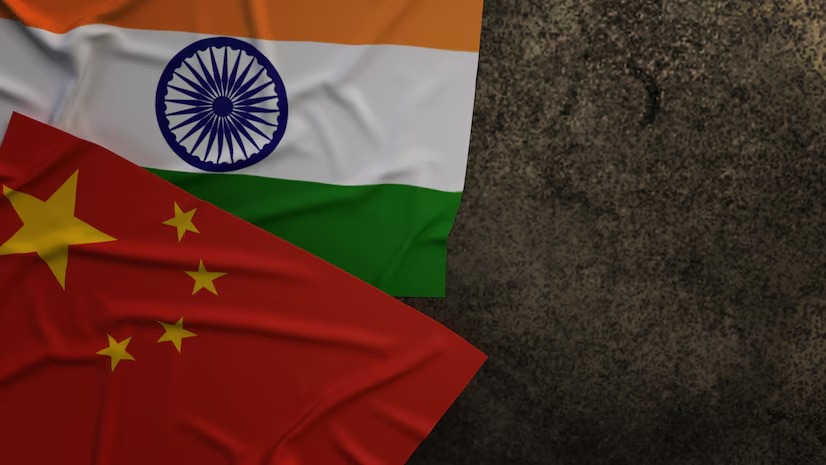
April 9,2025
As tensing raises over trade rose with Washington, China on Tuesday called on India to stand in solidarity in opposing what it described as the "US abuse of tariffs", after President Donald Trump proclaimed a sharp increase, taking cumulative tariffs on Chinese imports to 104 per cent.
Yu Jing, Chinese embassy spokesperson in India, directed criticism at the United States tariff moves, indicating China's consistent economic growth, innovation, and strong manufacturing foundation have generated favorable spillovers for the world at large.
"China's economy is based on a system that guarantees stable growth, and generates positive spillovers.". Chinese manufacturing is based on an entire and continuously improving industrial system, persistent investment in R&D, and robust emphasis on innovation. China is a staunch supporter of economic globalization and multilateralism, injecting strong momentum to the world economy, driving global growth by about 30 percent every year on average. We will keep cooperating with the rest of the world to protect the multilateral trade regime with the World Trade Organization (WTO) as its cornerstone," Yu Jing posted on X (formerly Twitter).
She added that India and China, being the two biggest developing countries, should stand together in opposition to US tariff measures, describing their trade relationship as complementary and mutually beneficial.
"China-India economic and trade relationship is complimentarity and mutual benefit. In the face of the U.S. abuse of tariffs, which denies nations, particularly Global South nations, their right to development, the two biggest developing nations must join hands to get over the hump. Trade and tariff wars are winless. All nations must maintain the spirit of wide consultation, conduct genuine multilateralism, jointly resist all types of unilateralism and protectionism," she added.
Why did us-china trade war escalated?
The US-China trade war escalated due to a large trade imbalance, US accusations of intellectual property theft, and concerns over China’s growing tech dominance. The Trump administration imposed tariffs to pressure China, which retaliated, leading to rising tensions over trade, security, and global influence.